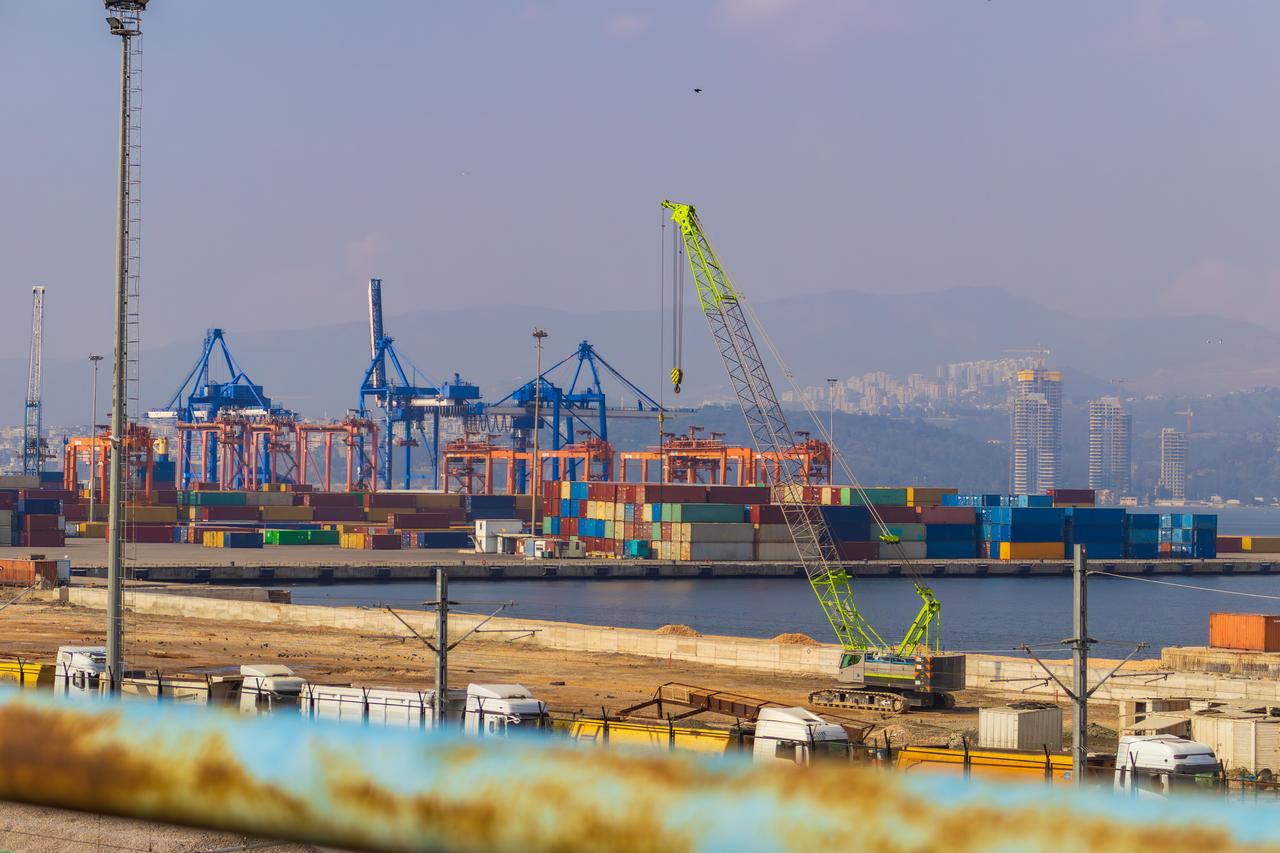
U.S. President Donald Trump shortened Monday a 50-day deadline to just “10 to 12 days” for Russia to halt its war in Ukraine, escalating tensions by proposing 100% tariffs on any country continuing to buy Russian exports.
Trump had initially announced on July 15 that he would impose secondary tariffs unless Moscow agreed to a major peace deal within 50 days—a deadline that would have expired in early September.
The move has turned attention to Türkiye’s extensive energy trade with Russia, which could come under threat if the tariffs are enforced.
As of May 2025, Russia stands as Türkiye’s second-largest trading partner, driven mainly by energy imports. Out of $43.29 billion in total imports from Russia on an annual basis, $26 billion consists of energy products. Russian oil alone accounted for 61% of Türkiye’s total oil imports in June alone, while natural gas from Russia made up 33% of its gas imports.
Between December 2022 and June 2025, Türkiye emerged as the top importer of Russian oil products, receiving 26% of Russia’s total oil product exports during that period, according to the Centre for Research on Energy and Clean Air (CREA). Overall trade volume between the two nations stood at $51.10 billion, with both sides expressing a target to double this figure to $100 billion.
Türkiye was also Russia’s fourth-largest export destination in 2023, based on data from TradeImex.

Experts interviewed by BBC Turkish suggest that the direct impact on Türkiye may remain limited unless the U.S. adopts a stricter stance. Süleyman Ecevit Sanli, President of the Turkish-American Businessmen Association (TABA), emphasized that Türkiye is heavily dependent on Russian oil, importing nearly 400,000 barrels per day.
He pointed out that Türkiye’s geographic proximity to Russia creates a necessary trade relationship and that the country also maintains diplomatic ties with Ukraine. Sanli noted that Washington has historically tolerated Türkiye’s energy reliance on Russia and Iran due to its strategic role.
“Any enforcement of a 100% tariff would directly restrict Turkish goods from entering the U.S. market,” Sanli added.
Türkiye’s trade volume with the United States totaled $32.6 billion in 2024, comprising $16.4 billion in exports and $16.2 billion in imports.

Professor Mahmut Tekce from Marmara University’s Faculty of Economics stated that while the proposed secondary tariffs pose a serious risk on paper, the actual impact will depend on how aggressively and uniformly Washington implements the policy.
He recalled that Türkiye had previously been exempted from similar sanctions targeting Iran and Russia. According to Tekce, Türkiye may again find flexibility due to its diplomatic positioning.
“The way sanctions are applied will largely depend on the political atmosphere between Washington and Ankara,” he said. “Given the currently positive state of relations, the risk may ultimately be lower.”